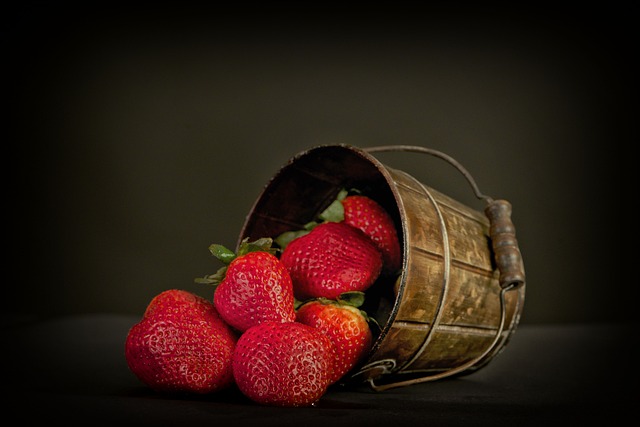Nature’s Elixir for a Happy Tummy: Delving into Probiotic-rich Foods
Our digestive system is home to trillions of bacteria that play a crucial role in maintaining our overall health and well-being. While the word “bacteria” may often have negative connotations, there are actually good bacteria that are essential for optimal gut health. These beneficial microorganisms are known as probiotics, and they can be found in various foods and supplements.
What are Probiotics?
Probiotics are live bacteria and yeasts that offer numerous health benefits when consumed in adequate amounts. They can help restore and maintain a healthy balance of bacteria in the gut, which is vital for proper digestion and immune function.
The Benefits of Probiotics
The consumption of probiotics has been linked to several health benefits, including:
- Improved Digestion: Probiotics help break down food and absorb nutrients, promoting better digestion.
- Enhanced Immune Function: They stimulate the production of natural antibodies and support the immune system’s ability to ward off infections.
- Reduced Inflammation: Certain strains of probiotics have been found to reduce inflammation in the gut, alleviating symptoms of inflammatory bowel diseases.
- Weight Management: Some studies suggest a link between certain probiotic strains and weight loss or weight maintenance.
- Mental Health: Emerging research indicates a potential connection between gut health and mental well-being, with probiotics playing a role in reducing anxiety and depression symptoms.
Probiotic-Rich Foods
Nature provides us with an array of probiotic-rich foods that can easily be incorporated into our diet. Some of the best sources include:
- Yogurt: Yogurt is perhaps the most well-known probiotic-rich food. Look for varieties labeled with live and active cultures, such as Lactobacillus and Bifidobacterium.
- Kefir: Similar to yogurt, kefir is a fermented milk drink packed with probiotics. It has a tangy flavor and can be enjoyed plain or used in smoothies.
- Sauerkraut: Sauerkraut is fermented cabbage and a traditional probiotic food. Choose unpasteurized sauerkraut to ensure the presence of live bacteria.
- Kimchi: Kimchi is a Korean staple made from fermented vegetables. It is rich in probiotics and adds a delicious kick to various dishes.
- Miso: Miso is a traditional Japanese seasoning made from fermented soybeans. It is commonly used in soups and provides a good source of probiotics.
- Tempeh: Tempeh is a fermented soybean product that has a nutty taste and a texture similar to meat. It is an excellent source of probiotics and plant-based protein.
- Kombucha: Kombucha is a fermented tea beverage known for its fizzy and tangy qualities. It contains probiotics and can be a tasty alternative to sugary drinks.
Supplements and Prebiotics
In addition to consuming probiotic-rich foods, probiotic supplements are also available. These supplements contain specific strains of bacteria in concentrated forms and can be beneficial, especially for individuals who have difficulty consuming sufficient probiotics through diet alone.
It’s worth mentioning that probiotics work hand in hand with prebiotics. Prebiotics are dietary fibers that nourish the probiotics, helping them thrive and multiply in the gut. Some examples of prebiotic-rich foods include garlic, onions, bananas, and oats. Including a combination of probiotic and prebiotic foods in your diet can effectively promote a healthy gut.
Conclusion
Probiotics are nature’s elixir for a happy tummy. By incorporating probiotic-rich foods or supplements into your daily routine, you can support your digestive system, strengthen your immune system, and potentially experience a range of other health benefits. Remember to consult with your healthcare provider before introducing any new supplements, especially if you have







